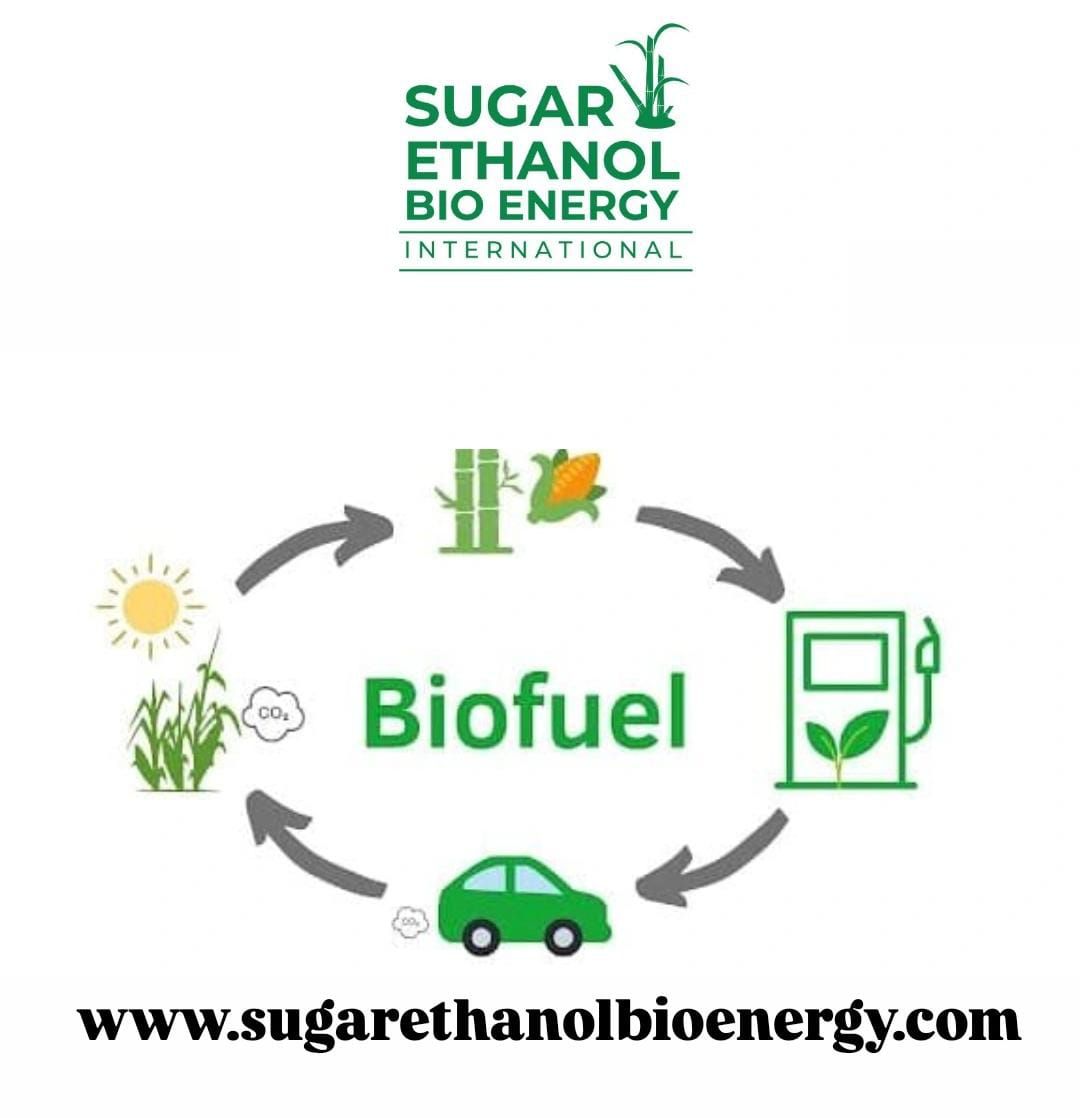www.sugarethanolbioenergy.comAdvanced biofuels from waste

Decarbonising the transport sector is one of the most pressing challenges in the global fight against climate change.
While electrification is a viable solution for light mobility, aviation and maritime shipping require alternative fuels that offer high energy density and compatibility with existing infrastructure.
In this context, advanced biofuels produced through waste-to-chemical technologies are emerging as a sustainable and scalable solution.
By converting non-recyclable waste into valuable fuels — sustainable aviation fuel (SAF) for aviation and low-carbon methanol for shipping — these processes offer a pathway to significantly reduce greenhouse gas emissions and promote a circular economy.
The need for advanced biofuels
Global biofuel demand is rapidly shifting toward the aviation and maritime sectors.
According to the International Energy Agency, the biofuel market is projected to grow annually by 20%, reaching 58 million metric tons by 2030, up from 16.5 million metric tons in 2023.
By 2030, aviation and shipping will account for over 75% of new biofuel demand, with SAF consumption expected to...